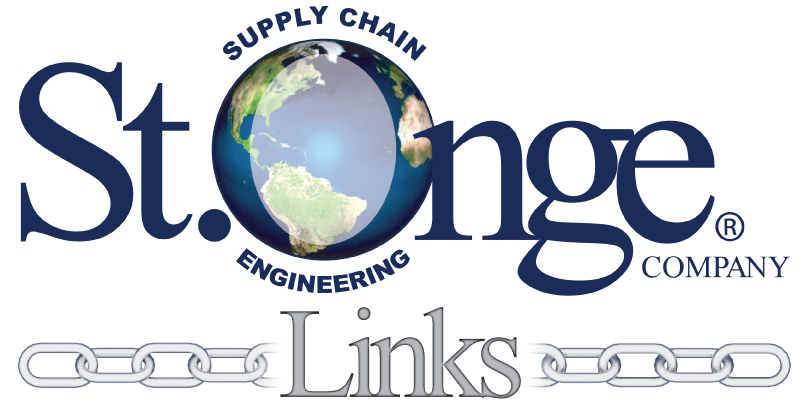 Strengthening your supply chain one link at a time.
Strengthening your supply chain one link at a time.
Every business, at some point, could make beneficial of a subject expert to direct, guide or consult with them. The expertise might come in the form a new manager to business development to help grow a business’ marketing profile, or a CFO to more effectively manage growing finances, or a dedicated director of Human Resources to ensure a growing staff is properly recruited, incentivized, compensated and all appropriate labor regulations are followed. But every business can also make use of expertise which they do not need permanently, but rather for a finite period of time. This temporary expertise requirement could be to assist a business in converting their manual accounting system to an electronic system, developing a new company logo, or in a much more down to earth arena, enhancing or optimizing any link your supply chain, from assessing locations for new remote stocking depots, to optimizing warehouse layouts, to enhancing productivity through developing more effective work practices. For the last items in the listing of improvements, it would be best to hire a supply chain expert to answer those key questions—not as a permanent employee, but as a temporary asset. But, whenever you need to select such an expert, you want to right expert for your industry in general and your task at hand specifically. But how do you ensure you are making the best choice for your business immediate need? There are specific considerations to cover to ensure you receive the most form your selected supply chain expert.
The first consideration when identifying the best supply chain expert to assist you is direct experience. Do they have specific experience in your industry and segment? Experience in manufacturing in your industry might not translate well in a distributor’s warehouse environment. Further is that experience diverse? Are they familiar with multiple operations or businesses of the appropriate type? Diverse experience will allow them to avail you of the best ideas and practices from multiple other operations, not just a single business, and grant maximum possible improvements to your business.
Determine if the potential expertise is right for your size business. If you are a $100 million distributor, the optimal subject expert for you would likely not be the best expert for a $15 million dollar business or a $10 billion dollar business. Be sure your chosen expert has experience, and demonstrated success, with assisting businesses of a similar size to yours (or to where you project your business will grow). Someone who has only worked with much smaller organizations may not be best to assist you in identifying the investments required to maximize a larger business. Someone who only worked with much bigger businesses may not be sensitive to the operations changes and lower level investments that will drive the best return on investment for smaller or mid-sized businesses.
The last experiential quality you should seek is actually experience outside your industry. This is not instead of experience in your industry, but in addition to experience in your industry. Making supply chain enhancements a potential competitive advantage for your business does only entail being as good as your competition, but better than your competition. Dell’s supply chain triumphs are lessons for more than just computer manufacturers who sell direct to consumer. Leading pharmaceutical manufacturer’s ability to track lots through their supply chain with near perfection can provide insight into how to increase inventory and order accuracy for any business. Taking the best lessons from inside your industry, as well as applicable practices from best in class supply chains outside you industry can imbue your supply chain with capabilities superior to your competitors, and thus offer you a competitive advantage.
Beyond the experience component of your potential supply chain expert and their organization, serious consideration should be given to their objectivity. Are they an independent in their approach, or do they sell equipment aimed at enhancing supply chains? If they do, then they could very well be likely to drive solutions that rely on their line of equipment. This will not necessarily result in a bad solution, but may not result in the best solution for your business. The surest way to drive to identify the best solution for your business, is to ensure you hired subject expert who is independent, not seeking to sell equipment or computer systems or anything other identifying the best path for your supply chain improvement.
Finally, and this is something applicable to any service for which you might pay, references are key. The supply chain expert should avail you of numerous pertinent references. These should be within the last three to five years, in similar sized businesses both in, and as discussed above, possibly outside your industry. Also you inquire about clients who have repeatedly engaged your perspective supply chain expert. Repeat business is a very good sign that a supply chain consultant has provided value to the businesses engaging them, and one of the best signs that they should be able to assist your business to achieve a competitive advantage through a best in class supply chain.
Not all businesses require a full time supply chain expert. While the largest corporations’ needs surely justify newly minted positions such as Chief Supply-Chain Officer, smaller organizations can advance their supply chain capability through carefully considered use of a supply chain expert to guide them to a supply chain enabling a competitive advantage.
—Bryan Jensen, St. Onge Company